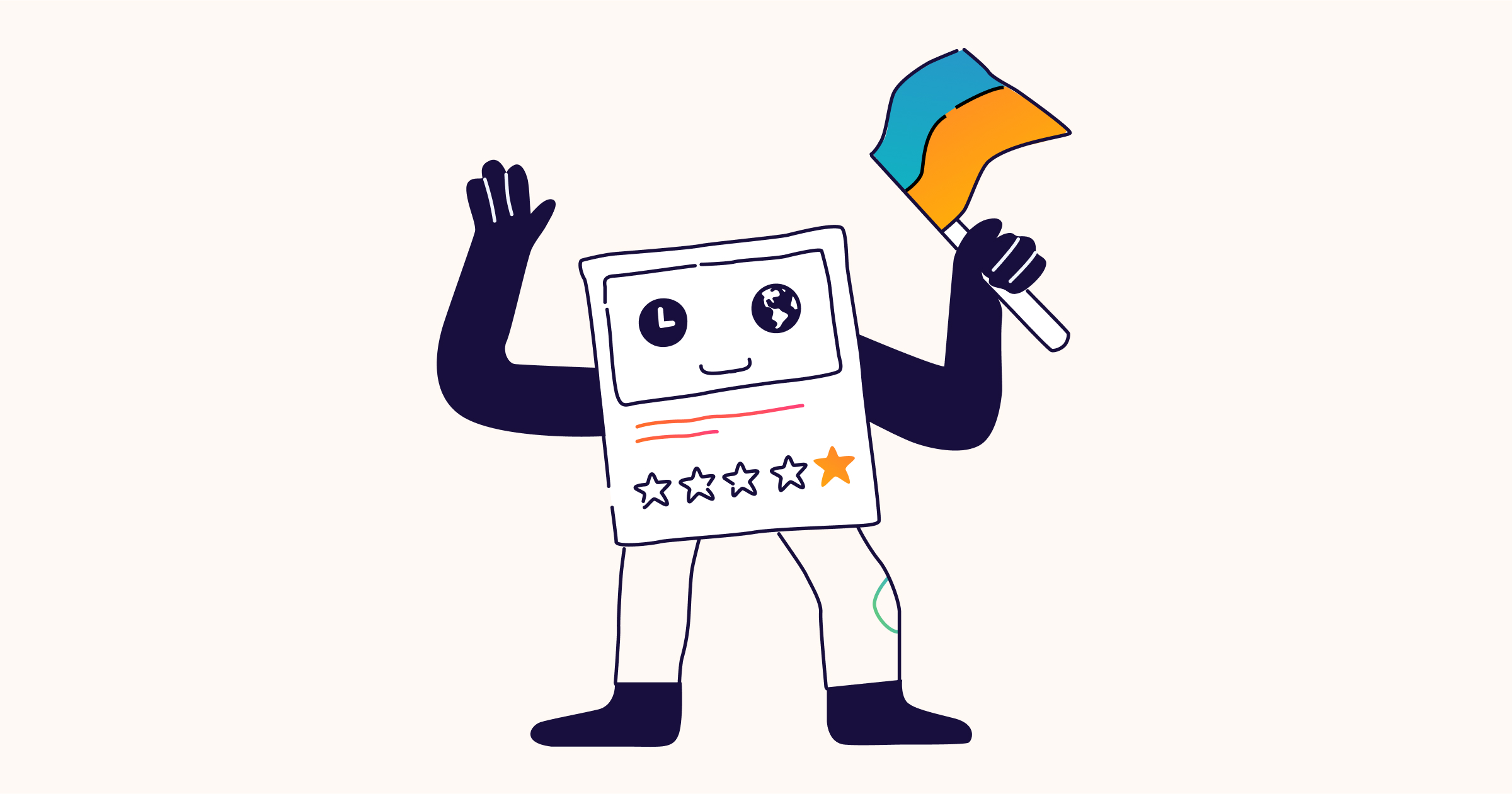
The side project that grew into something bigger
When the Bukovinian State Medical University that initiated DoctorOnlineUA attracted us to the project, our main task was to launch the platform as fast as possible. Since the main functionality of the platform is the ability to book available time slots for consultations, we decided to implement it via Calendly.
Railsware has been working with Calendly since its very beginning. We’ve closely cooperated with its team for many years and they kindly agreed to provide us with free access specifically for the DoctorOnlineUA project.
When the platform was ready, we realized that apart from the landing page that we created, all the Calendly interface was in English. Of course, Ukrainians are a well-educated nation where many people can understand and speak other languages. Nevertheless, it’s always easier and much more pleasant to use a product in your native tongue. This is why we decided to translate the Calendly interface into Ukrainian.
Calendly localization
As progressive IT companies, both Railsware and Calendly value innovation, creativity, and open-mindness. Calendly, in particular, holds an internal Innovation Expo hackathon twice a year, where any team member, regardless of position, can offer an idea for a product and implement it, involving others. Right before the Innovation Expo in April, Railsware specialists offered to translate the Calendly interface into Ukrainian as part of this event.
Since Calendly is a global product, its team understands the importance of localization. Today, the full platform functionality is available in English, French, Spanish, German, and Portuguese. In addition, there are translations of the booking flow in Italian and Dutch. We wanted to go further and add Ukrainian to this list.
Usually, Calendly involves contractors for localization but this scenario wasn’t an option for us. First of all, the scope of work was quite large and we weren’t sure the Calendly management would be willing to allocate the necessary resources for it. Another reason was the time needed to onboard contractors.
During the hackathon, two Railswarians presented a small portion of the Ukrainian translation. The main task at that stage was to convince the Calendly management that our idea was important and that we could quickly implement it with minimal resources. For translation, we decided to involve our marketing team which has many Ukrainian-speaking content writers. All the writers agreed to help immediately and didn’t need much time to onboard.
Fortunately, the presentation went well. We agreed that in a short period of time, we would make a high-quality translation of the entire booking flow by the efforts of Railswarians. And the work began.
The results
We managed to translate, check everything, and discuss all the corner cases by the end of May. In June, everything worked on the production. The fact that people who were involved in the translation were familiar with the product helped us a lot. All involved had a clear understanding of each term and what connotation it has in each particular case. What’s more, when you work with your native language, it’s easy to check the quality of the translation. This is why we are sure that Ukrainian localization is one of the best in Calendly.
Since the Ukrainian localization became publicly available, we wondered how many users would choose it for their companies. So, we started tracking analytics and found out that despite the absence of any promotion and advertising, many Ukrainian businesses that use Calendly switched to the Ukrainian version. Currently, the Ukrainian version is used by approximately the same number of customers as the Italian version. How cool is that?